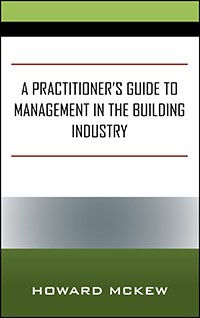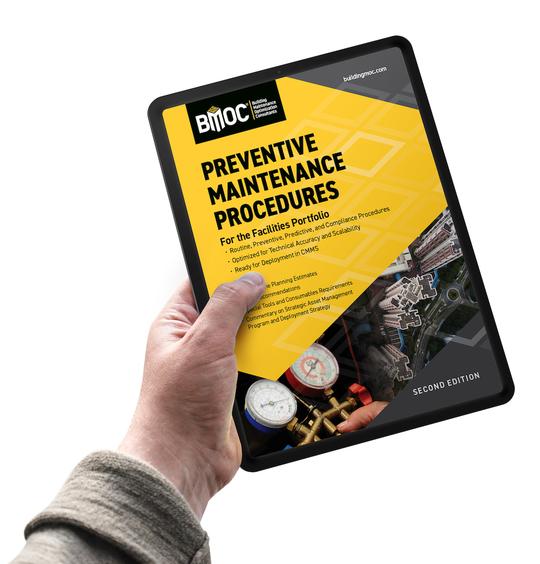Following the building systems commissioning process verifies that all systems are performing correctly before opening, according to a speaker at IAQ 2004, sponsored by ASHRAE.
IAQ 2004 Critical Operations: Supporting the Healing Environment Through IAQ Performance Standards will be held March 15-17, 2004, at the Tampa Convention Center. The conference will address the critical role that IAQ performance standards provide in support of health care facilities.
Organized by ASHRAE, the conference will take place with the American Society of Healthcare Engineering's (ASHE) conference and exhibition on health facility planning, design and construction.
"Commissioning replaces the current practice of assuming there are no problems and then having them 'pop up' during various real-time operational modes - whenever they happen to occur," Rebecca Ellis, mechanical engineer and founding principal, Sebesta Blomberg and Associates Inc., Chaska, MN, said. Ellis is also an advisor and contributing editor to Engineered Systems. "The expediency by which these problems have been evaluated and resolved leaves much to be desired. Even worse is the scenario of finding out that an 'emergency mode' function does not operate during the first emergency. That's not good for anyone."
In her paper, Building Systems Commissioning: Minimizing Health Care Facility-Related Risk Factors, Ellis says the three key components of commissioning are design intent documentation, verification testing and operator training. She suggests hospitals use a commissioning consultant to make sure all three are met in addition to the standard focus on project budgets and deadlines.
"This consultant serves as the hospital's technical liaison throughout the design, construction and startup phases," she said.
In addition to verifying all systems are working prior to opening, Ellis said other benefits of commissioning are:
- Better environmental control, such as temperature, humidity and pressurization;
- Better indoor air quality;
- Functional life safety systems;
- Energy savings;
- Improved operator training.
"Commissioning is an old concept," she said. "The Navy commissions its ships, and the nuclear power industry commissions its plants because the life safety risk of not commissioning these 'facilities' is too great not to confirm that systems are operating properly. With the advent of complex, inter-related building systems and the need to maintain safe and healthy indoor environments for patients and staff, hospitals can't afford not to commission their buildings."
For more information on IAQ 2004, visit ASHRAE.org at www.ashrae.org/template/AssetDetail/assetid/24748.




